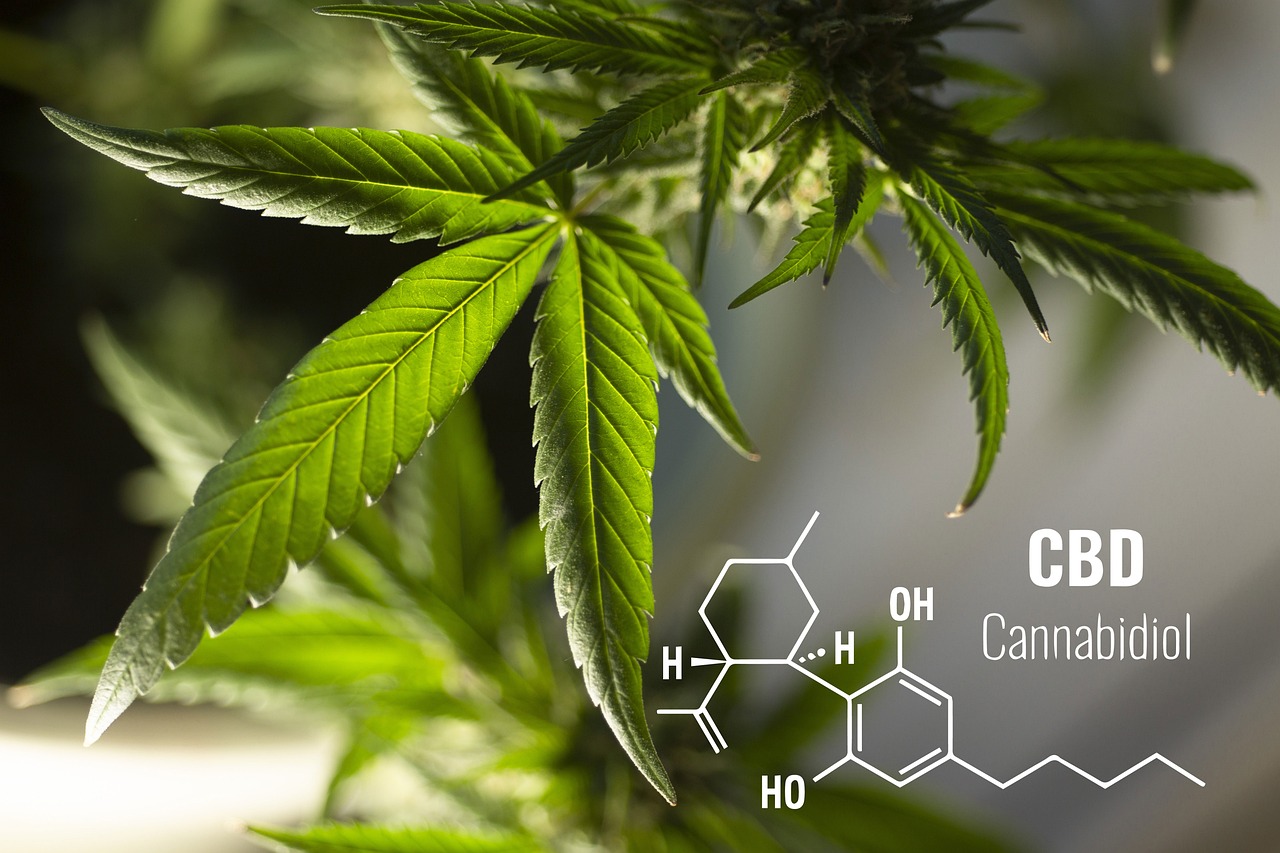Exploring the Science Behind CBD and the Endocannabinoid System
Understanding the Endocannabinoid System: A Key to Unlocking CBD’s Potential
The endocannabinoid system (ECS) is a complex network of receptors, enzymes, and endocannabinoids that play a crucial role in maintaining homeostasis within the body. Discovered in the 1990s, this system has since become a subject of intense scientific research, particularly in relation to the therapeutic potential of CBD (cannabidiol).
The ECS is comprised of two main types of receptors, CB1 and CB2, which are found throughout the body. CB1 receptors are primarily located in the central nervous system, while CB2 receptors are predominantly found in the immune system and peripheral tissues. These receptors interact with endocannabinoids, which are naturally produced by the body, as well as with phytocannabinoids, such as CBD, which are derived from plants.
The Science Behind CBD: How Cannabinoids Interact with the Endocannabinoid System
CBD is one of over 100 cannabinoids found in the cannabis plant. Unlike its well-known counterpart, THC (tetrahydrocannabinol), CBD does not produce psychoactive effects. Instead, it interacts with the ECS in a more indirect manner, influencing the activity of CB1 and CB2 receptors.
One of the ways CBD interacts with the ECS is by inhibiting the enzyme FAAH (fatty acid amide hydrolase), which is responsible for breaking down anandamide, a naturally occurring endocannabinoid. By inhibiting FAAH, CBD increases the levels of anandamide in the body, leading to enhanced activation of CB1 and CB2 receptors.
Additionally, CBD has been shown to modulate the activity of other receptors and ion channels, such as serotonin receptors and TRPV1 receptors, which are involved in pain perception and inflammation. This multifaceted interaction with various components of the ECS contributes to the wide range of potential therapeutic effects of CBD.
Exploring the Therapeutic Effects of CBD: Unraveling the Mechanisms at Play
The therapeutic potential of CBD is vast and continues to be explored through scientific research. One of the most well-known effects of CBD is its ability to alleviate pain. Studies have shown that CBD can reduce pain and inflammation by interacting with CB1 and CB2 receptors, as well as by inhibiting the release of pro-inflammatory molecules.

Furthermore, CBD has shown promise in the management of anxiety disorders. Research suggests that CBD may modulate serotonin receptors, which are involved in regulating mood and anxiety. A study published in the Journal of Clinical Psychology found that CBD significantly reduced anxiety in individuals with social anxiety disorder.
CBD has also been investigated for its potential anti-seizure properties. In 2018, the FDA approved a CBD-based medication called Epidiolex for the treatment of two rare forms of epilepsy. Clinical trials have demonstrated that CBD can reduce the frequency and severity of seizures in patients with these conditions.
From Pain Relief to Anxiety Management: Unveiling the Promising Applications of CBD in Scientific Research
The potential applications of CBD in scientific research are vast and continue to expand. In addition to pain relief and anxiety management, CBD has shown promise in the treatment of various other conditions, including neurodegenerative disorders, cancer, and even addiction.
For example, studies have suggested that CBD may have neuroprotective properties, potentially slowing down the progression of neurodegenerative diseases such as Alzheimer’s and Parkinson’s. Additionally, CBD has been found to inhibit the growth of cancer cells and induce apoptosis, or programmed cell death, in certain types of cancer.
Furthermore, CBD has been investigated for its potential in helping individuals overcome addiction. A study published in the American Journal of Psychiatry found that CBD reduced cue-induced cravings and anxiety in individuals with heroin addiction. These findings suggest that CBD may have a role to play in addiction treatment and relapse prevention.
In conclusion, the science behind CBD and the endocannabinoid system is a rapidly evolving field of research. Understanding the intricate mechanisms by which CBD interacts with the ECS is crucial for unlocking its full therapeutic potential. From pain relief to anxiety management, the promising applications of CBD in scientific research continue to expand, offering hope for a wide range of conditions. As more studies are conducted and more evidence is gathered, CBD may become an increasingly important tool in the field of medicine.




